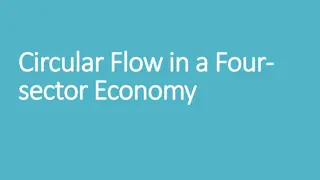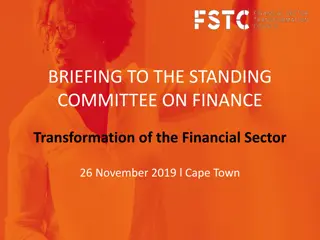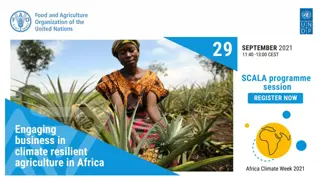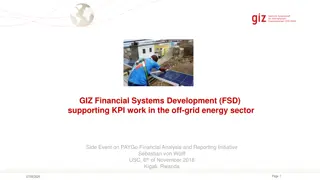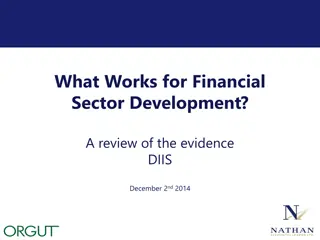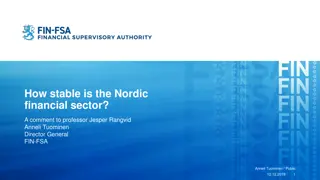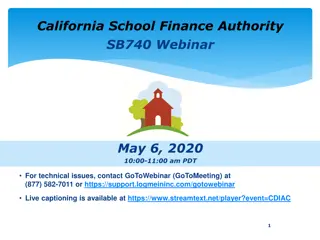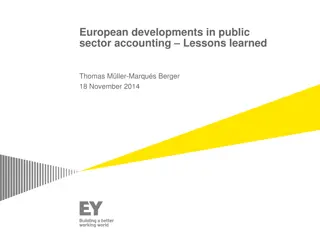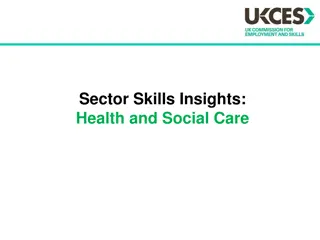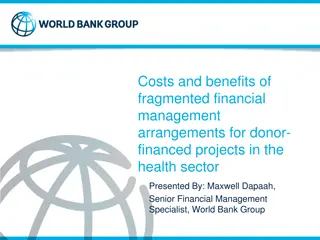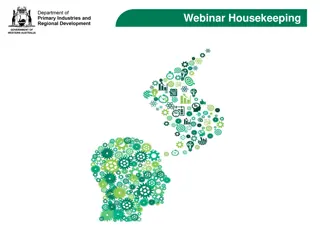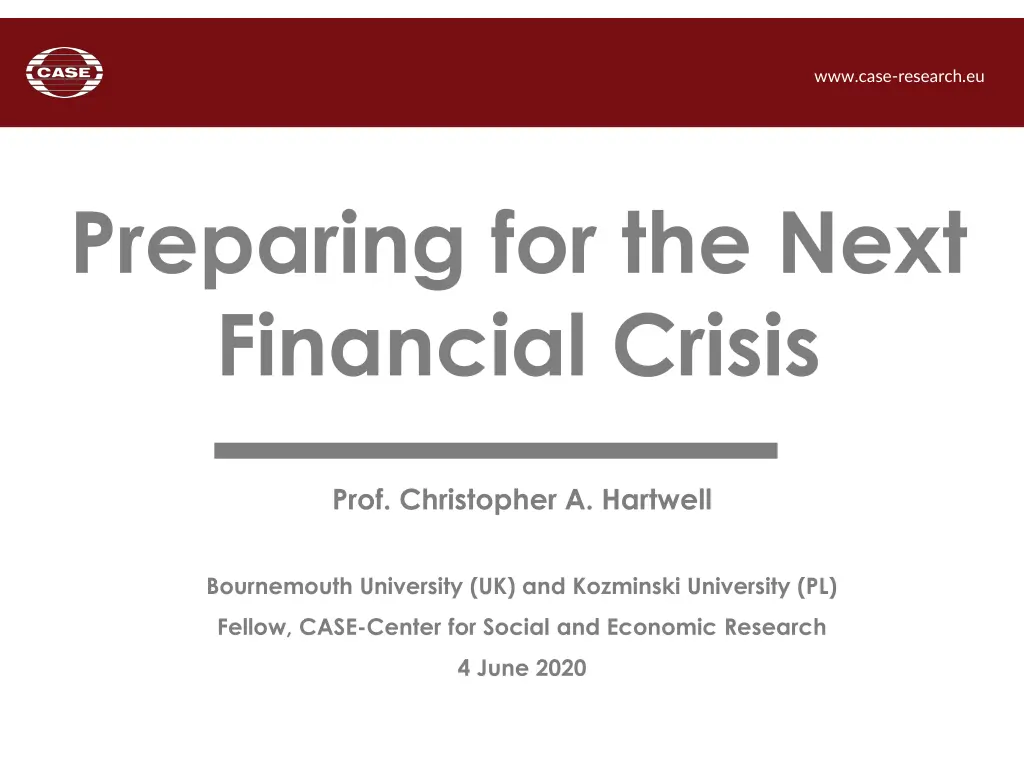
Preparing for the Next Financial Crisis with Prof. Christopher A. Hartwell
Explore the implications of the current global financial crisis and the challenges faced by Europe in mitigating its impact. Professor Christopher A. Hartwell from Bournemouth University and Kozminski University delves into the repercussions of the recession exacerbated by the COVID-19 pandemic. Discover the shift in investment patterns, rising house prices, and the delicate balance between economic relief measures and sustainable banking practices.
Download Presentation

Please find below an Image/Link to download the presentation.
The content on the website is provided AS IS for your information and personal use only. It may not be sold, licensed, or shared on other websites without obtaining consent from the author. If you encounter any issues during the download, it is possible that the publisher has removed the file from their server.
You are allowed to download the files provided on this website for personal or commercial use, subject to the condition that they are used lawfully. All files are the property of their respective owners.
The content on the website is provided AS IS for your information and personal use only. It may not be sold, licensed, or shared on other websites without obtaining consent from the author.
E N D
Presentation Transcript
www.case-research.eu Preparing for the Next Financial Crisis Prof. Christopher A. Hartwell Bournemouth University (UK) and Kozminski University (PL) Fellow, CASE-Center for Social and Economic Research 4 June 2020
The Bad News The next financial crisis is already here Global economy was already heading for a recession in 2020 Indicators throughout Europe were showing slowing growth and slack demand BEFORE March. The COVID-19 pandemic and ensuing lockdown ensured that the recession s arrival was hastened The EU has very little ability to cushion the blow of the coming recession as policymakers are fighting the previous crisis AND Europe s financial sector has become more fragile rather than more robust What does that mean for the future?
More Bad News Higher substitution out of retail-and- other-loan assets, and into risk- free, more liquid bond securities Naceur et al. (2018:8) Government bonds are not zero- risk (Hello Italy!) Have generated a similar risk profile across the world uniformity when diversity is needed capital ratios created 125.00 22% 22% growth growth government 120.00 115.00 Housing Price Index (2015 = 100) 16% 16% growth growth 110.00 105.00 100.00 Banks have shifted substantially from firm investment into consumer household loans Growth of 20% in Q4 2019 alone 95.00 90.00 85.00 As a result, house prices are hitting new highs across the euro area 80.00
The Good (ish) News This crisis is being generated (mostly) exogenously because of the prohibitions on economic activity globally Progress pandemic and easing of restrictions (realization of trade-offs) will reveal how painful this has been for banks in the fight against the coronavirus The problem is that we cannot keep printing money and keep banks alive Especially now, the problem is not liquidity, it s demand
Dzikuj bardzo! Thank you! @CASE_research CASE-Network CASE Center for Social and Economic Research

